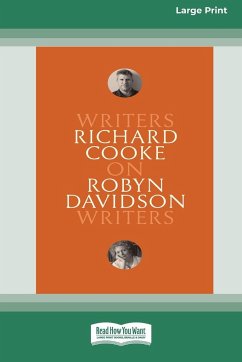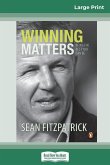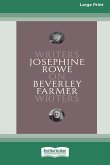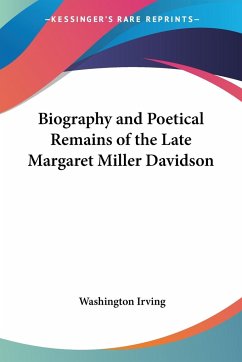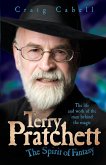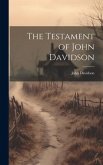'She is a feminist icon, one of our most consequential authors and a unique individual. But perhaps we should start with something she is not: Robyn Davidson does not like to call herself a writer, or at least not a Writer.' Robyn Davidson, author of the classic memoir Tracks, has led a remarkable life of writing and nomadic travel. In this bracing, erudite essay, acclaimed critic and journalist Richard Cooke explores Davidson's relationship with place and freedom, and her singular presence in Australian letters. In the Writers on Writers series, leading authors reflect on an Australian writer who has inspired and fascinated them. Provocative and crisp, these books start a fresh conversation between past and present, shed new light on the craft of writing, and introduce some intriguing and talented authors and their work. Published by Black Inc. in association with the University of Melbourne and State Library Victoria.
Hinweis: Dieser Artikel kann nur an eine deutsche Lieferadresse ausgeliefert werden.
Hinweis: Dieser Artikel kann nur an eine deutsche Lieferadresse ausgeliefert werden.

